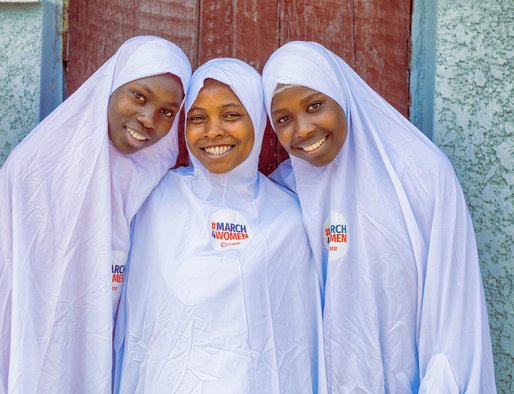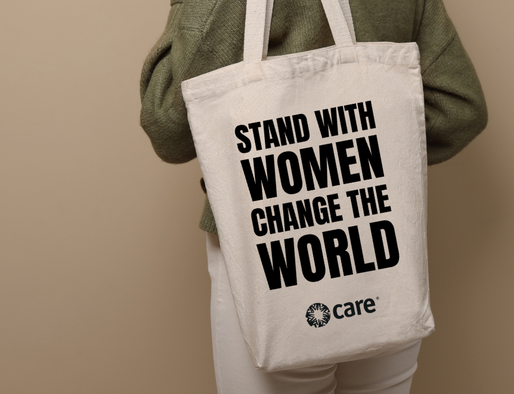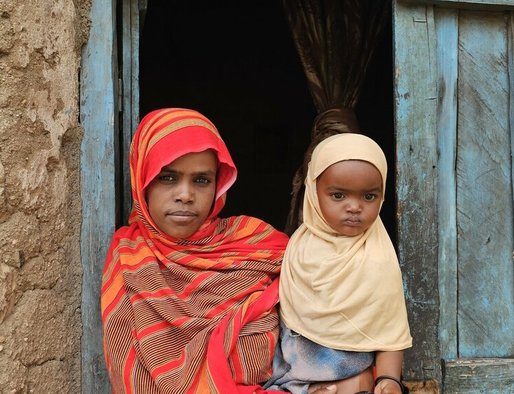Sign up to a campaign
Support our campaigns and join the fight to save lives, defeat poverty and achieve social justice.

Stand with women: FREE tote bag
Women around the world are leading change. Become a monthly donor today to show you stand with them and we’ll send you a free tote bag for you to wear with pride.

Send a CARE Christmas Package
Give now to help send a Christmas CARE Package to a family in crisis. Every £1 you give will be doubled, at no extra cost to you.

Join our community
Sign up to stand with women across the world leading the fight to end poverty and receive regular updates from CARE.
Sorry, there has been an error. Try again later.
This form needs JavaScript to be submited. Please contact us.
Take action to save lives
With your support, CARE can deliver life-saving assistance wherever and whenever disaster strikes.

Take part in a fundraising event
A fun and social way to raise money and spread awareness of the issues affecting women, girls and their communities across the globe.

Visit our online shop
Stand up for women's rights by wearing our logo with pride! Check out our range of certified organic cotton tees, jumpers, hoodies and tote bags.

Change a life with a loan
Lendwithcare is a revolutionary way to help people in low-income countries work their way out of poverty with dignity. Through Lendwithcare, you can lend as little as £15 to fund a small business owner. They will use the loan funding you provide to grow their business, and when your funds are repaid, you can choose to recycle your loan again and again.

Leave a gift in your Will
Leave a gift in your Will to CARE International and help save lives, defeat poverty, and achieve social justice for generations to come. We can guide you through the simple process.

Improve the social impact of your business
Find out how Business with CARE can support your business to achieve greater social and environmental change. By collaborating within local communities, we work with committed partners to ensure lasting, positive impact.

